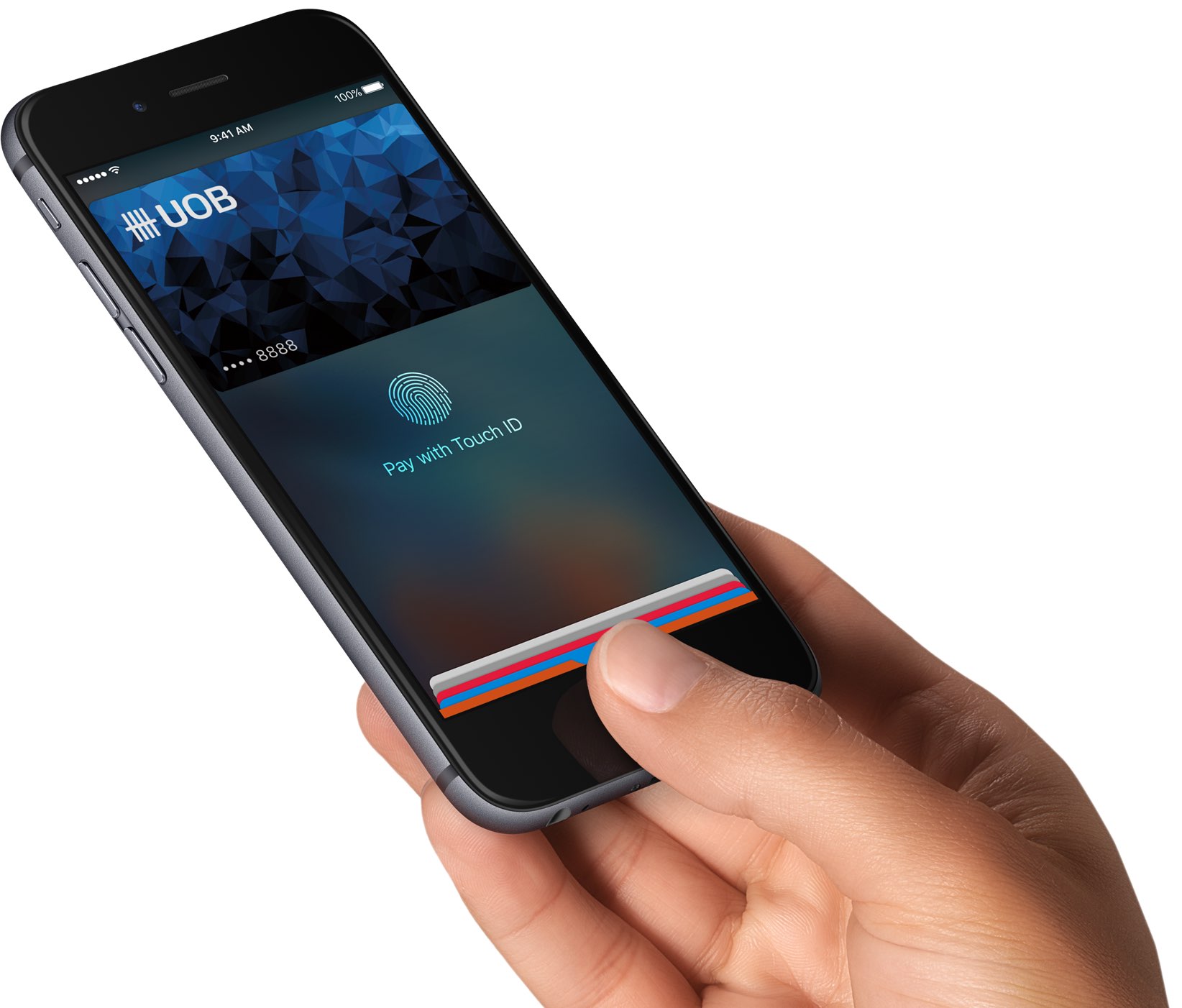Earlier in the week, Apple Pay launched fully in Singapore with five major local banks on board, marking the sixth country where the company’s service is currently accepted as a form of payment.
But that’s just the beginning as Apple’s ultimate goal is to roll out the service to “every significant market” in which the company operates, according to Jennifer Bailey, who was former Netscape executive and now serves as Vice President of Apple Pay.
Speaking to TechCrunch, she said that Apple has been “working rapidly” to bring Apple Pay to other countries.
“We’re working rapidly in Asia and also in Europe, our goal is to have Apple Pay in every significant market Apple is in,” Bailey told the publication.
“We have announced Hong Kong and across the Asia Pacific region, we’re talking to many partners and banks and evaluating how quickly we can bring Apple Pay to new markets,” she said.
In deciding which countries it should introduce to Apple Pay next, Apple first looks at the size of the market and credit card penetration, she explained.
“First, we look at the size of the market for Apple products,” said Bailey. “We also look at credit and debit card penetration and existing contactless payment coverage.
That doesn’t mean Apple rules out any countries where contactless payments haven’t fully taken off yet. “When we bring Apple Pay to market even when contactless is low it will grow—it was four percent in the United States but is now twenty percent,” she said.
“We also work with our network partners, where we can utilize integration with Amex and Visa, to go to market quickly.”
Apple Pay is currently available in the United States, the United Kingdom, Canada, Australia, China and Singapore, and is rumored to launch later this year in Spain, Hong Kong, India, France, Japan, Brazil and elsewhere.
The participating banks and store cards that are supported by Apple Pay are listed in Apple’s support document.
Source: TechCrunch
